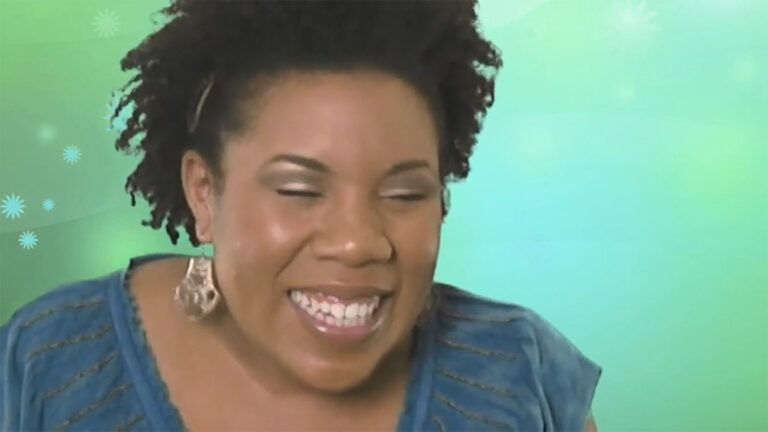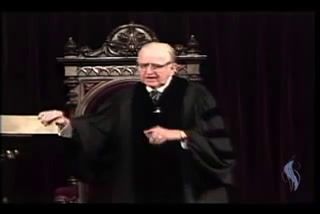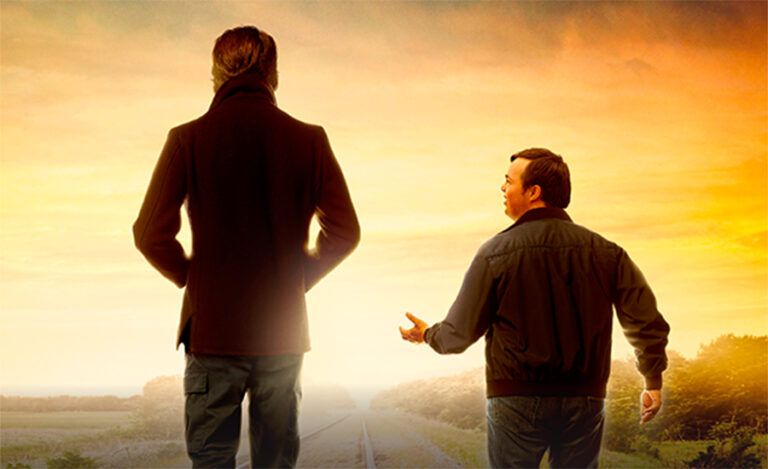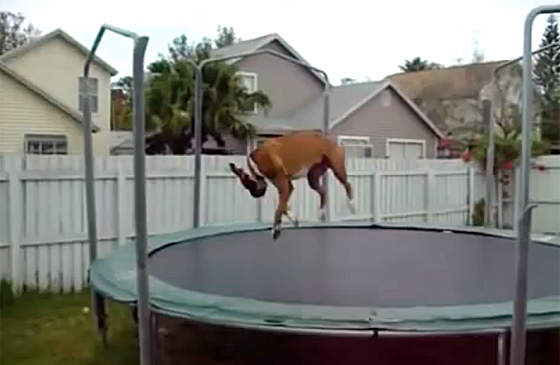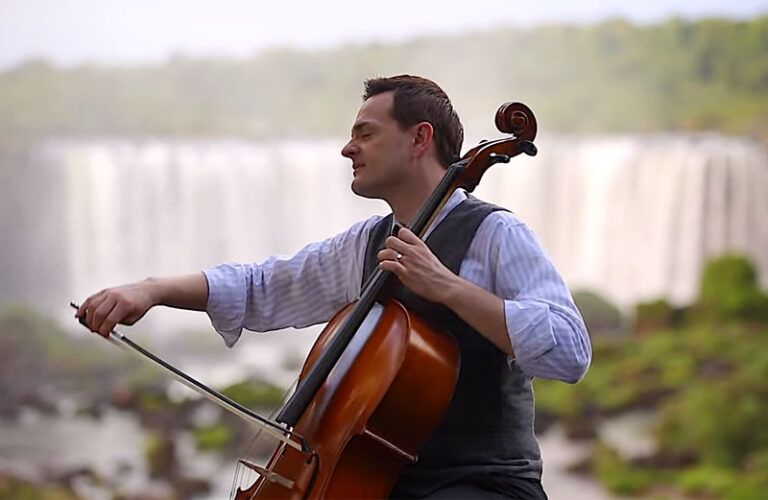
Talking About “Deadline”: A Film About Justice, Healing and Redemption
The remarkable story of a 19-year-old murder that was finally solved through perseverance, faith and a desire for justice.
View Transcript
Hi, I’m Curt Hahn. I’m the director of “Deadline,” a new movie about the healing power of justice.
Hi, I’m Mark Ethridge. I’m the writer of the novel “Grievances” and the screenwriter of the movie adaptation, “Deadline.”
[MUSIC PLAYING]
I first heard this story at a high school reunion. Mark Ethridge the author and I, are classmates, and have known each other since we were 13. So we talked afterwards. He knew he had a movie company. And we started talking about turning his book into the movie “Deadline.” It’s the story of an African-American youth who was murdered because of the color of his skin. And it goes uninvestigated for almost 20 years before a young, rich white girl gets interested in the story, and tries to figure out what happened, and goes to her local newspaper for help.
The story has taken on an amazing relevance in recent times as we’ve been on the promotional tour because of the killing of Trayvon Martin. And it was one of the first things that is always asked in the Q&A’s after we show the movie. And I make this connection. Both Trayvon Martin and Wallace Sampson, the young man in the movie, were shot when they were in the wrong place. And that seems to be their major offense.
The other very important thing is that both in the Trayvon Martin case and in the Wallace Sampson case, officials were slow to react, slow to try to figure out what went on until the press and the public got involved, and raised a hue and cry.
The thing I loved about Mark’s book was that it focused not so much on the murder, but the consequences of the murder, and solving the murder, and how healing can come, and there can actually be redemption, not just for the individuals involved, but for an entire small town when people do the right thing. It’s interesting to me that there aren’t a lot of scenes where people openly express their faith in most movies these days.
As Mark and I were working on the screenplay for “Deadline,” we came to the scene where the girlfriend of the victim many years later has to recount what happened that night. She was the last person to see him alive. And she’s talking to two strangers. And in the middle of the scene as we were working on it, I said to Mark, you know, at this point, I think Vanessa would just reach out her hands to both of these strangers, and start to pray.
And Mark’s like, that’s perfect. That’s what she would do. And so that’s the way we wrote the scene. And it’s a really powerful scene, one of the most powerful scenes in the movie. And it seems completely and totally natural. Another one of my favorite scenes in the movie is when the black preacher is preaching in church about the murder, and the fact that it has gone unsolved and unpunished for so many decades. And I’ve seen that scene 1,000 times. And every time, I get chills.
Well, one of the prime movers in the African-American community in the South has always been the head of the church. And really, in this case, one of the prime movers to get some action on this uninvestigated, unsolved, unpunished murder was the local preacher, a very strong force for justice for doing the right thing. And certainly, his influence on the case pervaded everyone.
I think it took faith for people in that community to believe that justice would be done. And it is a very important tension between the faith that wants justice now and the faith that is willing to wait for it in the life hereafter. And what you have was a minister who said, we want justice now.
From the very beginning of working with Mark on adapting the book into the screenplay, we knew that we would have support from the newspaper industry, because our heroes are two investigative reporters who solve this murder. And so we planned a tour where we would go from city to city, and hopefully involve the local newspaper with helping to promote and introduce the movie.
So we’ve done that all across the country with great newspapers like the Miami Herald, and the Atlanta Journal Constitution, and the Chicago Sun-Times, Detroit Free Press, Houston Chronicle, all across the country hosting premiers in their cities. I think 48 cities in all by the time we’re done. But the thing that I didn’t appreciate, even as we were planning that part– from a promotional standpoint, that was great. We got a tour bus, and we wrapped it with “Deadline” artwork, and we’ve been traveling all over the country.
But the really special part of that was meeting the audience each and every night on those stops, which most filmmakers simply don’t get to do. And so we’ve had these incredible Q&A’s with our audience after the movie each night as we share our story, and they share their stories and their reactions to the movie. It’s been an incredibly powerful journey, and one that I would take again in a heartbeat with the next movie.
There’s a website at deadlinefilm.com. You can watch the trailer, and you can see our tour schedule, the places we’ve been and the places we’re still going. And “Deadline” is now coming out in theaters around the country, too. So you’ll be able to see it not only at these premiere stops, but also in a regular theatrical run. We open in New York, Chicago, LA, and a bunch of other major cities right now. And then soon, we’ll be expanding that to other cities around the country too.
The thing that attracted me to Mark’s novel and the reason I wanted to make this my next movie– because you do spend years of your life making a movie– you only get to do a handful of them. You want to pick really carefully. The last few scenes of “Deadline” are why I wanted to make the movie. It’s not so much about the investigation, or the aspects of a thriller, or something like that, or a drama.
It’s what happens in the end when redemption finally happens. Not just for the people involved in the story, but for the entire town. Without giving away the ending of the movie, some of the images and things that happen at the end of the movie, I think, will change the way you look at the world. And that’s the ultimate goal for me.
[MUSIC PLAYING]

